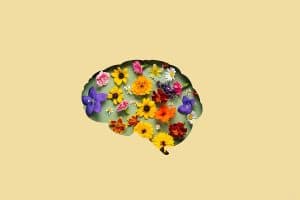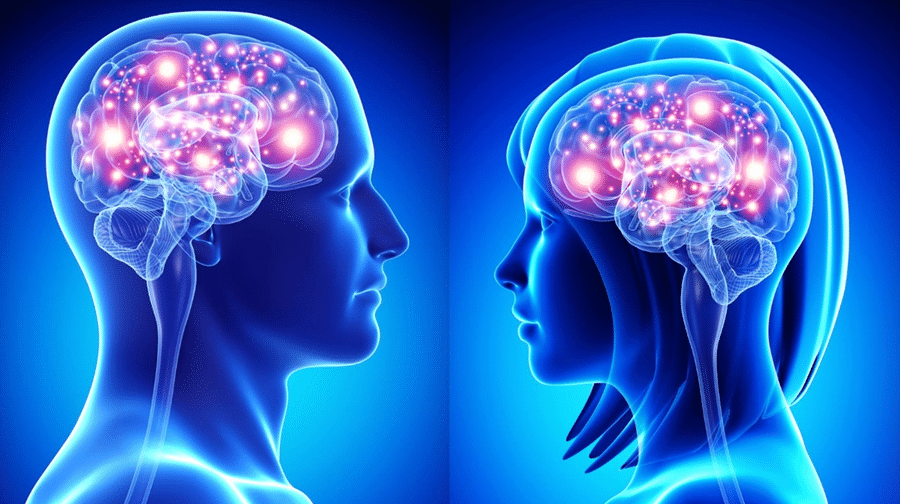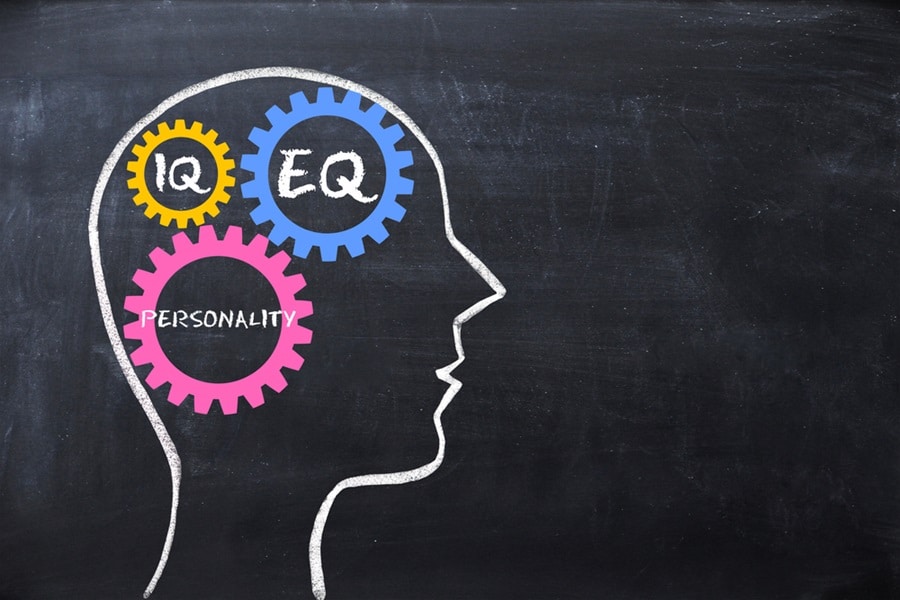Sleep in mental health, often overlooked, is a critical element of your overall health. A sound sleep schedule does much more than just reinvigorate the body; it’s an essential factor in maintaining and enhancing mental well-being. This post aims to illuminate the various facets of sleep’s profound influence on mental health. It will explore the science behind sleep, its role in brain function, and the ramifications of sleep deprivation. Then you will dive into the intricate link between sleep disorders and mental health issues.
Contents
- 1 The Science Behind Sleep And Its Phases
- 2 The Importance Of Sleep For The Brain
- 3 The Impact Of Sleep Deprivation
- 4 Sleep Disorders And Mental Health Issues
- 5 Sleep And Stress: A Two-Way Relationship
- 6 The Role Of Sleep In Emotional Regulation
- 7 Sleep Hygiene: Improving Sleep Quality For Mental Health
- 8 Therapeutic Approaches For Sleep-Related Issues
- 9 Addressing Sleep And Mental Health Issues Professionally
- 10 Be Mindful Of The Role Of Sleep In Mental Health!
The Science Behind Sleep And Its Phases

To grasp the importance of sleep for mental health, it’s pivotal first to comprehend the nature of sleep and its stages. Sleep isn’t a uniform state of unconsciousness; it oscillates between multiple phases, each with a unique purpose. Non-Rapid Eye Movement (NREM) sleep is characterized by slow brain waves, and it’s during this phase that the body replenishes itself.
Rapid Eye Movement (REM) sleep, on the other hand, is the phase where most dreaming occurs, and it’s crucial for memory consolidation and learning. Understanding these phases is paramount as each plays a distinct role in mental health. For instance, research suggests that REM sleep is critical in regulating emotions and stress responses, thereby directly impacting your psychological well-being.
The Importance Of Sleep For The Brain

Progressing from the phases of sleep, let’s dive into the specifics of sleep’s role in brain function. Adequate sleep fuels the brain, enabling it to perform cognitive functions efficiently. During sleep, the brain sorts and stores information, discards unnecessary data, and solidifies memories. This process, known as memory consolidation, greatly aids in learning and knowledge retention.
A consistent sleep pattern, therefore, helps maintain cognitive sharpness, bolster concentration, and enhance productivity. It’s evident that sleep isn’t merely a time of rest for the brain; it’s an active period of processing, restoration, and strengthening, which, in turn, significantly influences mental health.
The Impact Of Sleep Deprivation

Shifting the focus from the benefits of healthy sleep, you must consider the consequences of its counterpart: sleep deprivation. Even minor sleep deficits can have immediate effects, such as mood swings, difficulty concentrating, and reduced cognitive speed. These short-term impacts often manifest as decreased performance at work or school and strained social relationships.
The long-term effects of chronic sleep deprivation are even more severe and directly implicate mental health. Persistent lack of sleep can lead to heightened anxiety levels, depression, and other mental health disorders. Thus, the value of regular, high-quality sleep cannot be understated in the context of mental well-being.
Sleep Disorders And Mental Health Issues

As you dig deeper, it becomes evident that sleep disorders and mental health issues are intricately connected. Sleep disorders such as insomnia, sleep apnea, and restless legs syndrome are often comorbid with mental health conditions like depression, anxiety, and bipolar disorder. Insomnia, for instance, is not just a symptom but also a risk factor for depression, demonstrating the bidirectional relationship between these two conditions.
Beyond these common disorders, research has uncovered connections between abnormal sleep patterns and severe mental health conditions. Schizophrenia, for instance, is frequently associated with irregular sleep schedules. This association again underscores the influence of sleep on mental health and the need to address sleep issues as a part of comprehensive mental health care.
Sleep And Stress: A Two-Way Relationship

The correlation between sleep and stress is another crucial aspect of the sleep-mental health nexus. Sleep is known to have a calming effect on the brain and aids in better stress management. During sleep, the body also regulates the production of cortisol – the ‘stress hormone,’ implying that insufficient sleep can lead to heightened stress levels.
Conversely, high stress is a common disruptor of sleep. Stressful life events, chronic worry, or anxiety can lead to insomnia or disrupted sleep, creating a vicious cycle. Consequently, managing stress and promoting healthy sleep go hand in hand in supporting mental wellness.
The Role Of Sleep In Emotional Regulation

Sleep plays a pivotal role in emotional regulation. During the REM phase of sleep, your brain processes emotional experiences, which helps in managing your response to emotional stimuli when you are awake. Lack of adequate REM sleep, therefore, can lead to emotional reactivity, impairing your ability to handle stressful situations effectively.
Moreover, sleep deprivation can trigger or exacerbate mood disorders. Research has shown a strong link between insufficient sleep and increased vulnerability to depression, anxiety, and bipolar disorder. Therefore, quality sleep is a critical component in maintaining emotional balance and promoting overall mental health.
Sleep Hygiene: Improving Sleep Quality For Mental Health

As you’ve examined the immense role sleep plays in mental health, it’s crucial to discuss sleep hygiene – practices that can help improve sleep quality. Effective sleep hygiene includes maintaining a consistent sleep schedule, creating a sleep-friendly environment, and implementing relaxing bedtime rituals. Adopting such practices can significantly enhance sleep quality and duration.
Besides these practices, lifestyle factors such as diet and exercise also play a part in sleep quality. Consuming a balanced diet, limiting caffeine intake, and engaging in regular physical activity can aid in achieving restful sleep. Prioritizing sleep hygiene, therefore, can act as a protective factor for mental health.
Therapeutic Approaches For Sleep-Related Issues

Once you’ve acknowledged the critical role of sleep in mental health and the need for healthy sleep habits, it’s worth exploring the therapeutic approaches available to manage sleep-related mental health issues. Cognitive Behavioral Therapy for Insomnia (CBT-I) is one such evidence-based treatment. CBT-I works by changing unhelpful beliefs and behaviors that interfere with sleep and teaching relaxation techniques to help individuals sleep better.
Apart from psychological therapies, medication may sometimes be necessary. Prescription sleep aids or certain antidepressants that help regulate sleep can be beneficial. However, it’s crucial to note that medications should be taken under the guidance of a healthcare professional due to potential risks such as dependence and side effects.
Addressing Sleep And Mental Health Issues Professionally

Given the complex relationship between sleep and mental health, seeking professional help is often necessary. If sleep problems persist or if they’re causing significant distress, it’s crucial to consult with a healthcare provider. Mental health professionals can accurately diagnose and treat any underlying conditions contributing to sleep issues.
Remember, getting professional help doesn’t signify weakness; instead, it shows a proactive approach to managing your mental health. When sleep issues are addressed alongside mental health conditions, it paves the way for a comprehensive approach to treatment, enhancing the likelihood of recovery and fostering overall well-being.
Be Mindful Of The Role Of Sleep In Mental Health!
The role of sleep in mental health is multifaceted and profound. It influences cognitive function, emotional regulation, and stress management and is deeply interwoven with various mental health conditions. Understanding the science behind sleep, acknowledging its importance, and taking steps toward maintaining good sleep hygiene are vital. This intricate relationship between sleep and mental health underscores the need to view and approach mental health from a holistic perspective. Sleep is not merely a rest phase; it’s a powerful determinant of mental well-being.


